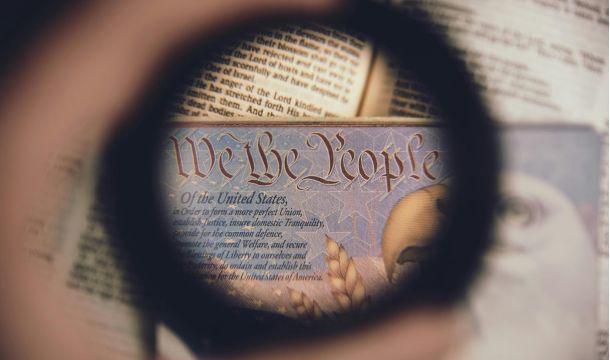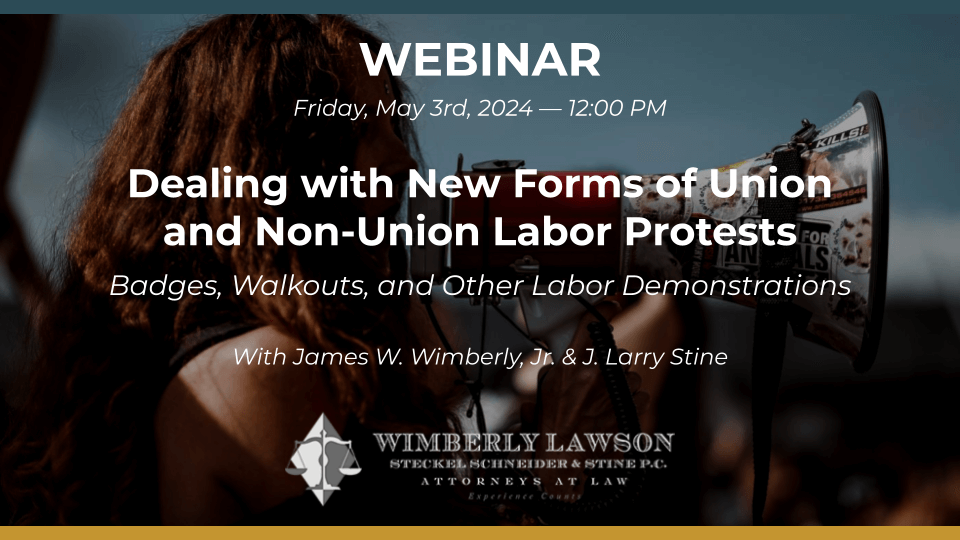New Horizons in Discrimination: Transgender/Transracial Issues
Between Caitlyn Jenner and Rachel Dolezal, this seems to be the Summer of Trans. Federal anti-discrimination laws were designed to prohibit disparate treatment based on immutable characteristics – things we were born with, such as gender, race, color, and national origin. They were expanded to include other factors over which we had no control, such as age and disability. Now the prohibition on discrimination is being further expanded to prohibit disparate treatment based on choice and self-perception: specifically, sexual orientation and gender identity. This is not an entirely new concept. For example, religion is not written in anyone’s genetic code, yet we prohibit discrimination based on religion. But sexual and racial identity issues, and “trans” issues, are gaining prominence and it is only prudent for an employer to stay informed.
First, some definitions:
- Sexual orientation means one’s emotional or physical attraction to the same and/or opposite sex.
- Gender identity means one’s inner sense of one’s own gender, which may or may not match the sex assigned at birth. Different people choose to express their gender identity differently. For some, gender may be expressed through, for example, dress, grooming, mannerisms, speech patterns, and social interactions. Gender expression usually ranges between masculine and feminine, and some transgender people express their gender consistent with how they identify internally, rather than in accordance with the sex they were assigned at birth.
The EEOC already has sued employers whom they allege to have discriminated against transgendered employees. In June, the EEOC sued a check-printing and financial services corporation in Minnesota, alleging that it violated federal law by subjecting a transgender employee to sex discrimination. This is the third lawsuit filed by the EEOC alleging discrimination on the basis of gender identity/transitioning/transgender status. In April, 2015, a Florida eye clinic paid $150,000 to settle an EEOC lawsuit filed in September 2014, seeking relief for an employee who had been transitioning from male to female. Also in September 2014, the EEOC filed suit against a Michigan funeral home which allegedly fired an employee for transitioning from male to female.
The most recent lawsuit alleges that the employee, Britney Austin, had performed her duties satisfactorily in the company's Phoenix offices throughout a lengthy tenure there. However, after she began to present at work as a woman and informed her supervisors that she was transgender, the employer refused to let her use the women's restroom. The EEOC says her supervisors and coworkers subjected Austin to a hostile work environment, including hurtful epithets and intentionally using the wrong gender pronouns to refer to her. (Pronouns are a thorny issue: modern etiquette dictates that the pronoun should match the subject’s desired gender. So, for example, a woman transitioning to a man should be referred to as "he" or "him," and a man transitioning to woman as "she" or "he.")
The EEOC has already issued a few rulings in transgender discrimination cases. In Lusardi v. McHugh, the Commission ruled that denying employees use of a restroom consistent with their gender identity and subjecting them to intentional use of the wrong gender pronouns constitutes discrimination because of sex, and thus violates Title VII. And in a 2012 opinion, Macy v. Dep't of Justice, the EEOC ruled that employment discrimination against employees because they are transgender, because of their gender identity, and/or because they have transitioned (or intend to transition) is discrimination because of sex and/ or based on their failure to conform to gender stereotypes, which is sex discrimination that violates Title VII.
Trans-racial issues, on the other hand, are more complicated. Unlike sex, race cannot be determined by any sort of genetic test. Race is a matter of perception on the part of the individual and society. Federal laws prohibit discrimination on the basis of race or color, while also compelling some employers to identify their workers by race (and ethnicity) to demonstrate compliance with affirmative action requirements. How does one classify an individual with parents of different races – such as the current occupant of the White House? While the EEOC appears to support "gender identity," respecting an individual’s choice as to restrooms and pronouns, Ms. Dolezal, former President of the Spokane NAACP, has been sharply criticized for choosing to identify as black.
The EEOC has posted on its website some guidance on lesbian, gay, bi-sexual and transgender (LGBT) issues
http://www.eeoc.gov/eeoc/newsroom/wysk/enforcement_protections_lgbt_workers.cfm.
The EEOC has announced that coverage of LGBT individuals under Title VII’s sex discrimination provisions is an enforcement priority. The EEOC accepts and investigates charges related to LGBT status, such as claims of sexual harassment or allegations that an adverse action was taken because of a person’s failure to conform to sex-stereotypes. While the EEOC position is that Title VII covers every type of LGBT issue, it is far from clear that this EEOC position will be accepted in court. Unless and until the Supreme Court rules, the courts of appeals in the various circuits are far from united on the issues.
Related Content
Get Email Updates

Judge Invalidates Joint Employer Rule, and Independent Contractor Rule Takes Effect

The Importance of Fairness in Employment to the Law and to Job Satisfaction

Major Employers Challenge Constitutionality of Labor Act

Starbucks' Big Change in Labor Policies

Judge Orders Survey Data to Be Revealed from Employer EEO-1 Reports



